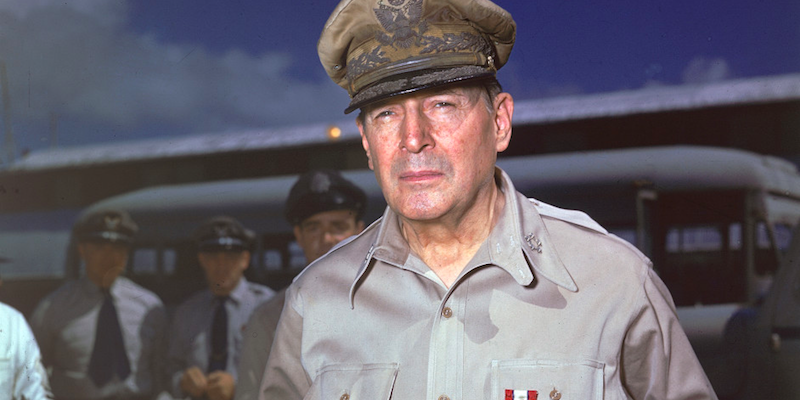Fascination About "Robert MacArthur and the Theory of Island Biogeography: Unlocking Nature's Secrets"

Robert MacArthur's Impact on Modern Ecology: Forming Our Understanding of Attributes
Conservation, the clinical research study of the connections between microorganisms and their setting, has substantially progressed over the years. One individual who played a notable job in molding our understanding of attributes is Robert MacArthur. His groundbreaking research and cutting-edge tips have had a lasting impact on modern-day conservation, affecting countless scientists and analysts to this day.
Birthed in 1930 in Toronto, Canada, Robert MacArthur featured an early fascination along with attribute. He pursued his researches at Yale University, where he earned his Ph.D. in zoology in 1957. It was during his time at Yale that MacArthur began to create his unique technique to examining communities.
One of MacArthur's most distinctive additions to conservation was his work on island biogeography. In collaboration along with Edward O. Wilson, he cultivated the concept of isle biogeography which discusses how species richness and range adjustment along with respect to isle dimension and range from landmass habitats.

MacArthur and Wilson's theory changed the area through giving a theoretical framework for understanding patterns of biodiversity. Their research demonstrated that islands more detailed to mainland areas tend to have greater species splendor due to enhanced immigration rates and decreased termination prices.
This idea has had far-reaching ramifications for conservation initiatives as it helps predict how environment fragmentation impacts biodiversity loss. Through understanding how isolated habitations impact species emigration and extinction prices, experts may produce informed decisions relating to conservation approaches.
MacArthur's job likewise extended beyond island biogeography in to neighborhood ecology. He checked out the mechanisms steering species conjunction within communities, concentrating particularly on niche differentiation – the method by which comparable species coexist by using various information or occupying various specific niches within an ecosystem.
His research study highlighted the relevance of source dividing for keeping high amounts of biodiversity within communities. By studying several bird species' feeding practices on islands, MacArthur demonstrated that very closely related species may exist together if they make use of different food resources or forage in different parts of the habitat.
This concept tested the prevailing view that competition between identical species inevitably leads to one species outcompeting and displacing the other. Click Here For Additional Info displayed that simultaneousness is feasible with niche market difference, supplying a brand-new perspective on neighborhood dynamics.
In enhancement to his groundbreaking research, MacArthur was likewise known for his ingenious approaches and mathematical versions. He cultivated tools such as the "null version" which enabled experts to evaluate hypotheses regarding neighborhood construct by matching up observed designs with randomly produced ones.
MacArthur's algebraic designs aided progress eco-friendly idea by giving measurable predictions and helping with hypothesis screening. His focus on strenuous analytical study and choices in has due to the fact that become regular technique in modern conservation, ensuring that investigation findings are robust and reliable.
Moreover, MacArthur's effect extended beyond his very own study. He mentored several pupils who have gone on to become popular environmentalists themselves. Through sharing his knowledge and nurturing younger ability, he participated in an crucial duty in molding future generations of experts who carry on to build upon his concepts.
Today, Robert MacArthur's impact can be observed in several aspects of modern-day ecology. His theories and principles have shaped how we know biodiversity designs, area dynamics, and preservation methods. The island biogeography concept remains a keystone of environmental study, guiding attempts to protect breakable ecological communities around the world.
MacArthur's heritage serves as a tip of the electrical power of medical questions and innovation in advancing our understanding of nature. His additions have paved the means for many environmentalists who continue to push boundaries and look for responses to some of our very most pressing ecological problem.
In final thought, Robert MacArthur's impact on modern ecology can easilynot be overemphasized. Via his groundbreaking research study on island biogeography, area conservation, ingenious methods, and mentoring of future experts, he has participated in a critical job in shaping our understanding of attributes. His work continues to motivate productions of scientists as they aim towards unraveling the difficulty of environments and working in the direction of a extra sustainable future.
